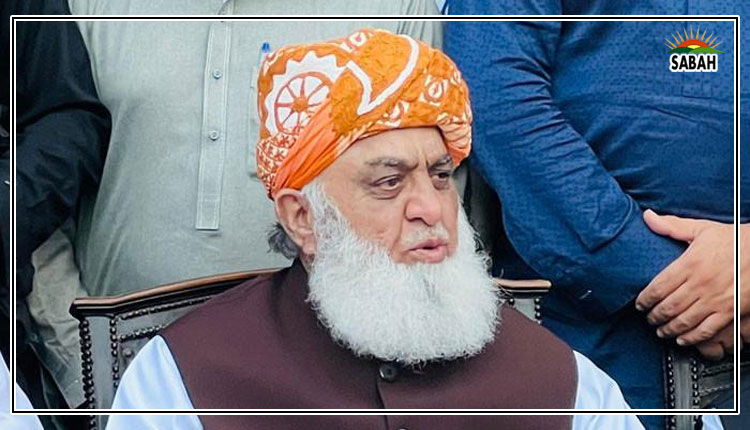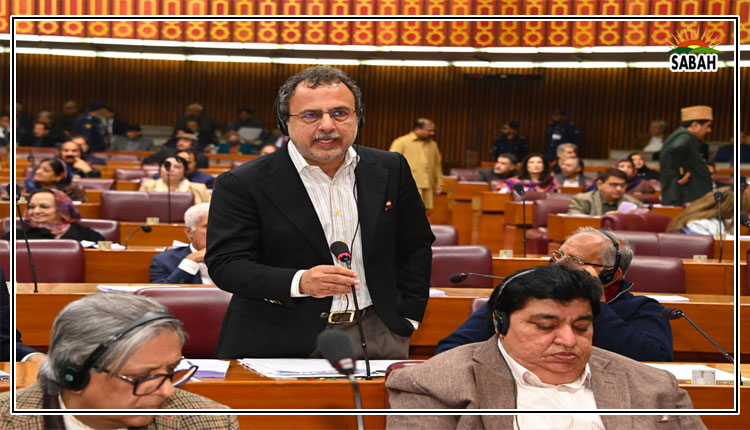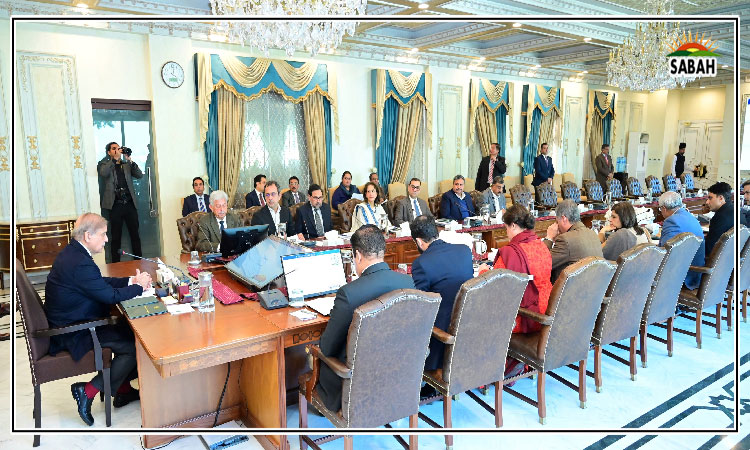Amina Masood Janjua welcomes UN experts statement regarding proposed bill for Enforced Disappeared persons in Pakistan
GENEVA, Dec 14 (SABAH): Chairperson Defence of Human Rights Pakistan Amina Masood janjua has welcomed UN working group statement on International Human Rights Day.
Amina Masood in her letter to working group has sad that his Press Release from The UN experts is very commendable and timely.
We appreciate your efforts in conveying the sentiments of the victims regarding the proposed bill for the Enforced Disappeared in Pakistan, Amina said adding that this I shared on my twitter account recently. I have also noted the twitter account of the UN Experts you mentioned, for our social media.
Amina further said that next thing we will do is to translate this press release in URDU language for wider dissemination on our social media network. In that way all the families of the disappeared will be happy to understand and learn what the UN Experts are doing for them. The whatsapp group of the victims, we have made, will also respond to this press release with a sigh of relief, she added.
Thanks again for being our voice in the UN and consistently raising the multi dimensional issues of the Disappeared and their Families in Pakistan, Amina Masood said adding that “will be in touch for future updates on the issues related to the Disappeared”.
it is worth mentioning here that a group of United Nations experts called on Pakistan to halt the approval of an amendment to a bill criminalizing enforced disappearances that would harshly penalize families and other sources for reporting alleged cases.
The Criminal Laws (Amendment) Bill 2021, which passed Pakistan’s National Assembly on 9 November and is due to be taken up by the Senate, includes a clause establishing penalties of up to five years imprisonment and one hundred thousand Pakistani rupees in fines for anyone found guilty of filing a complaint with information ‘that proves to be false’.
“Relatives of victims of enforced disappearance are already often reluctant to report cases or exchange information with Government officials, either for fear of reprisals or lack of trust,” said the experts.
“If passed, this law would undoubtedly lead to an increased underreporting of the crime, and foster impunity for the perpetrators,” the experts said. “These provisions would have a chilling effect on relatives of the disappeared persons and their representatives, who might find themselves in a climate of self-censorship, eventually leaving them without any effective remedy.”
The experts said Pakistan should seek the means to encourage affected relatives to come forward rather than creating barriers discouraging them from doing so.
The bill, amending the Pakistan Penal Code of 1860 and criminalizing enforced disappearances as an autonomous offence, was first introduced to the National Assembly on 8 June. It was initially welcomed by UN experts, because it was a long-awaited development in line with recommendations from relevant international human rights mechanisms. However, on 29 September, the Standing Committee on Interior of the Assembly introduced amendments that “run contrary to the spirit and objectives of a law to criminalize enforced disappearances,” said the experts, who have shared their concerns with the Government.
“We call on the Senate of Pakistan to carefully review and amend the bill, aligning it with international human rights standards,” the experts. “We also reiterate our call to Pakistan to enable a process that will allow the participation of victims, families, civil society organizations and other relevant actors in an open, inclusive and transparent discussion of the bill before its approval.”












